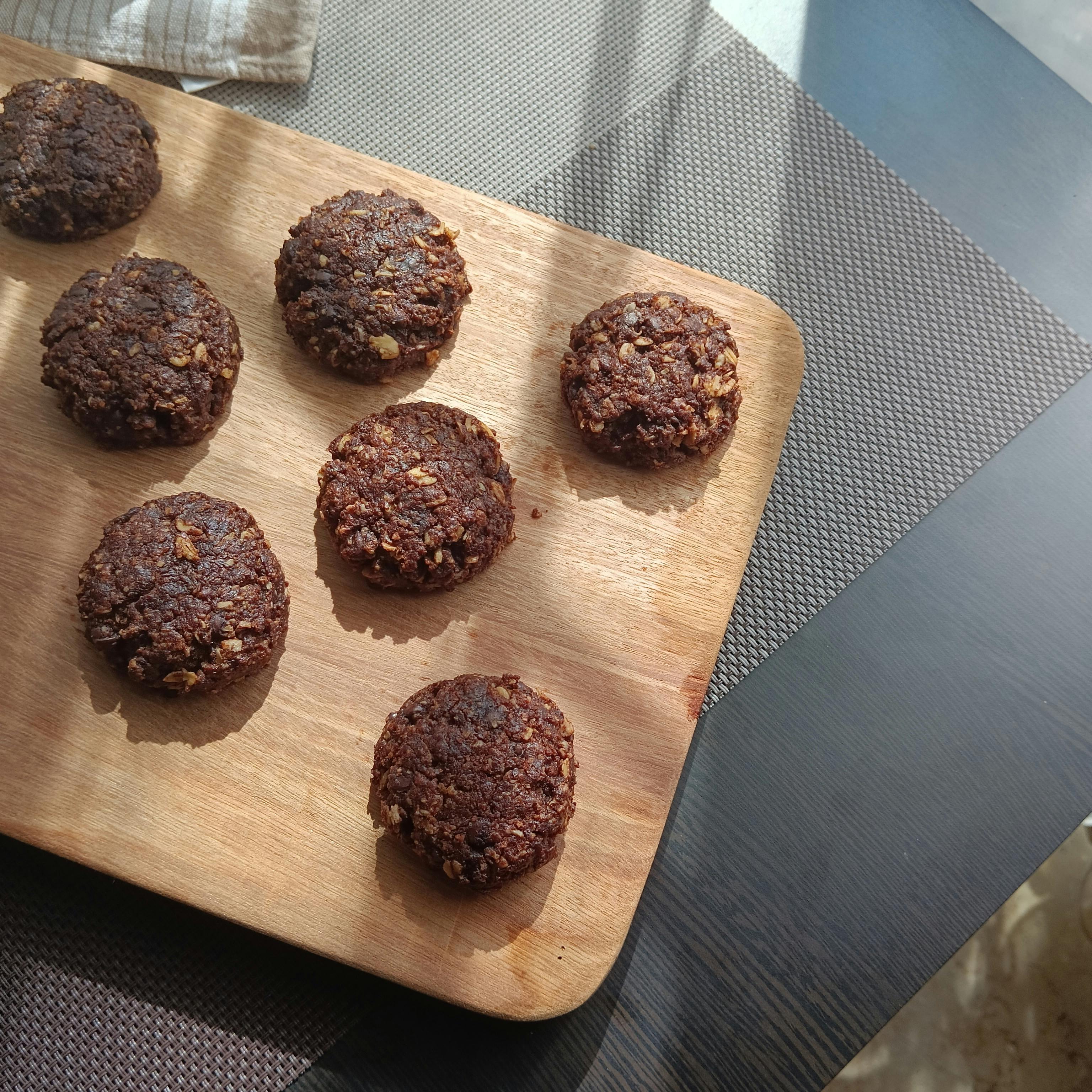
Smart Ways to Choose the Best Keto Friendly Protein Powder for You in 2025
As the popularity of the ketogenic diet continues to grow, many people are seeking the best ways to enhance their health and fitness plans. One of the most crucial choices in this journey is selecting the appropriate keto-friendly protein powder. With a myriad of options available, including whey protein isolate, plant-based protein powders, and MCT oil protein powders, it can be overwhelming to determine which is the best for your needs. In this article, we will explore essential tips for choosing the best keto protein powder while highlighting the benefits and considerations for various protein sources. We aim to provide you with an informative roadmap that will guide your dietary choices effectively.
Protein powders can serve as excellent supplements for those on a high-protein low-carb diet, aiding in muscle preservation, weight loss, and providing a convenient meal replacement option. With keto-friendly snacks and breakfast ideas becoming more prevalent, integrating protein powders into your meals can help you achieve your dietary goals. We will cover key elements such as understanding protein content, the importance of low sugar and zero carb options, and practical examples that enhance your ketogenic journey.
To sum up, this guide will help you understand how to evaluate protein powders for the keto diet, including practical examples, tips, and the latest trends of 2025. So, let’s delve deeper into the smart ways to choose the best keto-friendly protein powder for your specific needs!
Essential Features to Look for in Keto Protein Powder
When selecting a keto protein powder, it’s essential to assess various features that align with your dietary requirements. First and foremost, focus on the protein content. High-protein and low-carb formulations are ideal; look for powders that offer at least 20 grams of protein per serving while maintaining low or zero carbs.
Understanding Protein Types: Whey, Casein, and Plant-Based
There are various types of protein powders available. Whey protein isolate is a popular choice due to its high bioavailability and fast absorption rate, making it an excellent option for post-workout recovery. On the other hand, casein protein digests slowly, providing a steady release of amino acids which can be particularly beneficial when taken before bed.
For those following a plant-based diet, options like pea protein, brown rice protein, and hemp protein can be suitable alternatives. It's important to note that plant-based proteins may require a blend to ensure they contain all essential amino acids.
Moreover, many keto-friendly protein powders also incorporate MCT oil, which provides a quick energy source and supports ketosis. These powdered supplements can enhance your energy levels and help sustain your low-carb diet. Always check the ingredient list for added sugars or fillers, which can disrupt your ketogenic macronutrient distribution.
Nutritional Content: Analyzing Labels
When considering a protein powder, carefully analyze its nutritional label. Ensure that it contains minimal sugar and low net carbs—ideally, your choice should have less than 5 grams of sugar and very low net carbs per serving. This helps in maintaining the state of ketosis effectively.
Additionally, some protein powders are enriched with vitamins and minerals, beneficial for those on restrictive diets. Look for varieties that feature added nutrients such as electrolytes to support hydration, particularly if you follow a rigorous exercise routine.
Quality Over Quantity: Sourcing Ingredients
Another crucial factor is the quality of the ingredients. Opt for brands that are transparent about their sourcing and offer grass-fed or organic options. High-quality protein powders tend to have a better amino acid profile and fewer additives, making them a healthier choice for your keto diet.
Flavor and Mixability: Taste Matters
The taste and mixability of your protein powder can influence your adherence to your diet. Many protein powders come in different flavors, so choose one that aligns with your preferences. Some options may mix better in smoothies or shakes, while others might work well in baking. Test a few samples if possible to find the right fit for your taste buds.
Ultimately, picking a protein powder is not just about protein alone; it should fit seamlessly into your lifestyle. Incorporating high-fat protein powders can complement your protein intake while ensuring you enjoy the process.
Why MCT Oil Protein Powder is a Game Changer
MCT oil has gained significant attention in the keto community for its unique properties. MCTs (medium-chain triglycerides) are rapidly converted into ketones, providing a quick and efficient energy source. Including MCT oil protein powder in your diet can enhance your overall energy levels and assist in maintaining ketosis.
Benefits of MCTs in Keto Protein Powders
The benefits of MCTs extend beyond quick energy replenishment. They may also promote weight loss by increasing the feeling of fullness and boosting metabolic rates. Additionally, they can improve cognitive function by supplying energy to the brain and reducing brain fog, which many keto dieters experience.
When selecting an MCT oil protein powder, look for products that clearly state their MCT content and specify the types of MCTs included, such as C8 and C10, as they are known for their rapid absorption and utilization in the body.
Incorporating MCT Oil Protein Powders into Your Diet
These versatile powders can be easily added to your keto-friendly protein shakes, smoothies, or even mixed into your morning coffee for an energy kick. They are particularly great for pre-workout nutrition, helping to power your sessions without loading up on carbs.
Another advantage is that MCT oil protein powders can also be used in cooking. Experiment with different recipes, such as mixing them into pancakes or keto desserts, to take advantage of their health benefits while satisfying your cravings.
Potential Drawbacks of MCT Oil Protein Powder
While incorporating MCT oil protein powder has numerous benefits, some individuals may experience gastrointestinal discomfort when consumed in large amounts. It’s advisable to start with smaller servings to assess tolerance and avoid abrupt digestive issues. Always consult with a nutritionist if unsure about how it fits into your overall dietary regime.
Comparing Protein Powder Types: Choosing What’s Right for You
With a variety of keto protein powders on the market—such as whey protein isolate, MCT oil protein powder, collagen protein powder, and plant-based protein—it’s vital to understand how these types compare, particularly concerning your dietary goals, lifestyle, and preferences.
Whey Protein Isolate vs. Plant-Based Protein
Whey protein isolate is often praised for its complete amino acid profile and creamy texture, making it ideal for shakes. However, when it comes to those with lactose intolerance or dairy allergies, plant-based options provide a suitable alternative without sacrificing protein content.
For instance, pea protein, when combined with rice protein, can create a complete amino acid profile, making it a popular vegan choice. Furthermore, plant-based proteins can also provide extra fiber, benefiting gastrointestinal health.
Collagen Protein Powder: A Unique Addition
Collagen protein powder has become trendy in recent years, known for its benefits in supporting skin, joint health, and muscle recovery. When consumed alongside a traditional protein source, it can help enhance your overall protein intake, especially for those interested in hydration on keto.
Unlike other protein powders, collagen lacks some essential amino acids, so it's best to combine it with other protein sources to ensure a sufficiently balanced profile. This can be particularly beneficial for those keen on a well-rounded keto diet.
High Protein Low Carb Options: An Overview
When evaluating options, look for high-fat protein powders with low sugar and zero carbs. For instance, zero-carb protein powders can be an excellent choice—helping you stay within your daily carb limit while still providing essential protein. Brands that cater to keto dieters often provide convenient meal replacement shakes that seamlessly fit into a busy lifestyle.
The Role of Protein in a Healthy Keto Diet
Understanding the role of protein in a ketogenic lifestyle is vital. Protein supports muscle maintenance, which is essential during weight loss. Furthermore, it can promote satiety and help manage cravings, making it easier to stick to your low-carb diet.
Protein for Weight Loss on Keto
High-quality protein intake supports muscle growth and recovery, which can be pivotal in a calorie deficit. Ensuring adequate protein helps in maintaining muscle mass while losing fat, ultimately leading to better body composition.
Incorporating protein supplements into your diet can make meal planning for keto easier and provide an on-the-go solution that aligns with your macro goals. For instance, pre-packaged high protein low carb snacks are perfect for busy individuals looking for low-calorie protein options without compromising on nutritional value.
Balancing Protein and Carbs: Getting It Right
Balancing your macros is critical to success on a ketogenic diet. Aim for a ratio of 75% fat, 20% protein, and 5% carbohydrates. Depending on your personal goals—whether for weight loss, muscle building, or overall health—adjusting the protein intake may be necessary. Tracking your daily intake helps ensure you meet your needs effectively.
Hydration and Protein: Overlooked Factors in Keto
While focusing on protein intake, hydration also plays an integral role in your diet. Keto diets can induce dehydration due to changes in water retention. Hence, integrating hydration on keto is crucial alongside your protein supplements. Electrolyte balancing can improve overall wellness and help prevent adverse symptoms like fatigue or headaches.
Practical Tips for Selecting Keto Protein Powders
As we summarize the best strategies for choosing the ideal protein powder for your ketogenic lifestyle, there are practical tips that can aid your decision.
Testing Samples Before Committing
Before purchasing large quantities, consider testing sample sizes of various protein powders. This practice allows you to evaluate flavors, textures, and overall satisfaction without making a significant financial commitment.
Seek Expert Recommendations
Consulting with a nutritionist or health professional experienced in ketogenic diets can provide tailored advice that aligns with your health goals. They can guide ingredient considerations and brand quality that might be the best fit for your dietary needs.
Explore Protein Powder Recipes
Diversifying the way you consume protein powder can prevent monotony. Explore recipes using protein powders, such as keto-friendly smoothies or protein-based desserts, to keep your meals exciting while staying within keto guidelines. Many options available can enhance flavor without compromising your diet.
Choosing the Right Time for Protein Intake
Lastly, timing your protein intake can be crucial for optimal results. Consider consuming a protein shake post-workout to aid muscle recovery or incorporating it into your breakfast to start your day with a nourishing meal. Choosing the right time can significantly improve your efficiency and wellness on keto.
Common Questions About Keto Protein Powders
1. Can I use protein powder as a meal replacement on keto?
Absolutely! Keto meal replacement powders often contain high protein and healthy fats while keeping carbs low. Pairing them with other nutritious ingredients can provide balanced meals.
2. Are plant-based protein powders effective for ketosis?
Yes, plant-based protein powders can be effective in a keto diet, particularly if they are low in carbs. Look for blends that provide a complete amino acid profile and use them strategically to meet your protein needs.
3. What’s the difference between whey and casein protein on keto?
Whey protein is absorbed quickly, making it ideal for post-exercise recovery, while casein digests slowly, making it suitable as a meal replacement option that sustains amino acid levels longer.
4. Should I avoid sugar alcohols in protein powders?
Moderation is key. While many protein powders use sugar alcohols to reduce calorie content, some individuals may experience digestive discomfort. Always check how they affect your overall daily carb intake.
5. Is there a risk of excessive protein intake on a keto diet?
Excessive protein can kick you out of ketosis; therefore, monitoring your macros is essential. Confirm that your protein intake aligns with your daily caloric needs and dietary goals.

Choosing the best keto protein powder involves considering your unique lifestyle and dietary goals. Understanding protein types, nutritional content, and practical tips can significantly streamline your experience in selecting the best products available. As you explore different options, don’t forget to take advantage of expert guidance and sample varieties before committing to a specific brand.

For more information about keto-friendly protein options, check out this [link](https://ketolife.info/?p=2665) or delve into various [keto meal ideas](https://ketolife.info/?p=2663) to expand your dietary repertoire. Happy dieting!